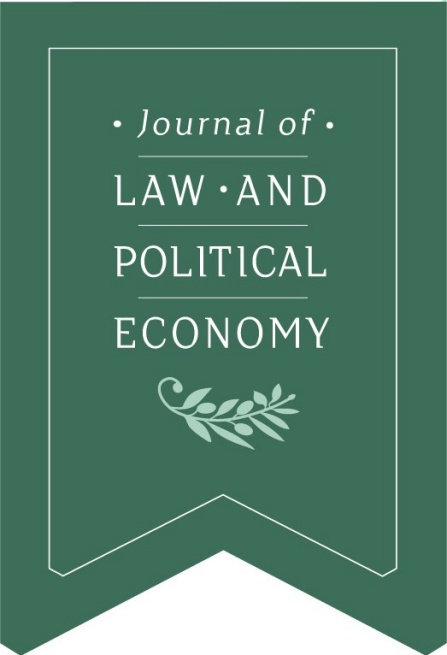
The Regulatory Roots of Inequality in the U.S.
The surge in US economic inequality since the 1970s was powerfully driven by politics and policy. Firms and individuals actively shaped market governance – from corporate governance to labor regulation – in their own favor and then took advantage of that favorable governance in the marketplace. This “inequality snowball” was particularly pronounced in the United States because firms were more aggressive in their business and political strategies and because the political system delivered more winner-take-all policy outcomes than the more consensual political systems of continental Europe and Japan.







